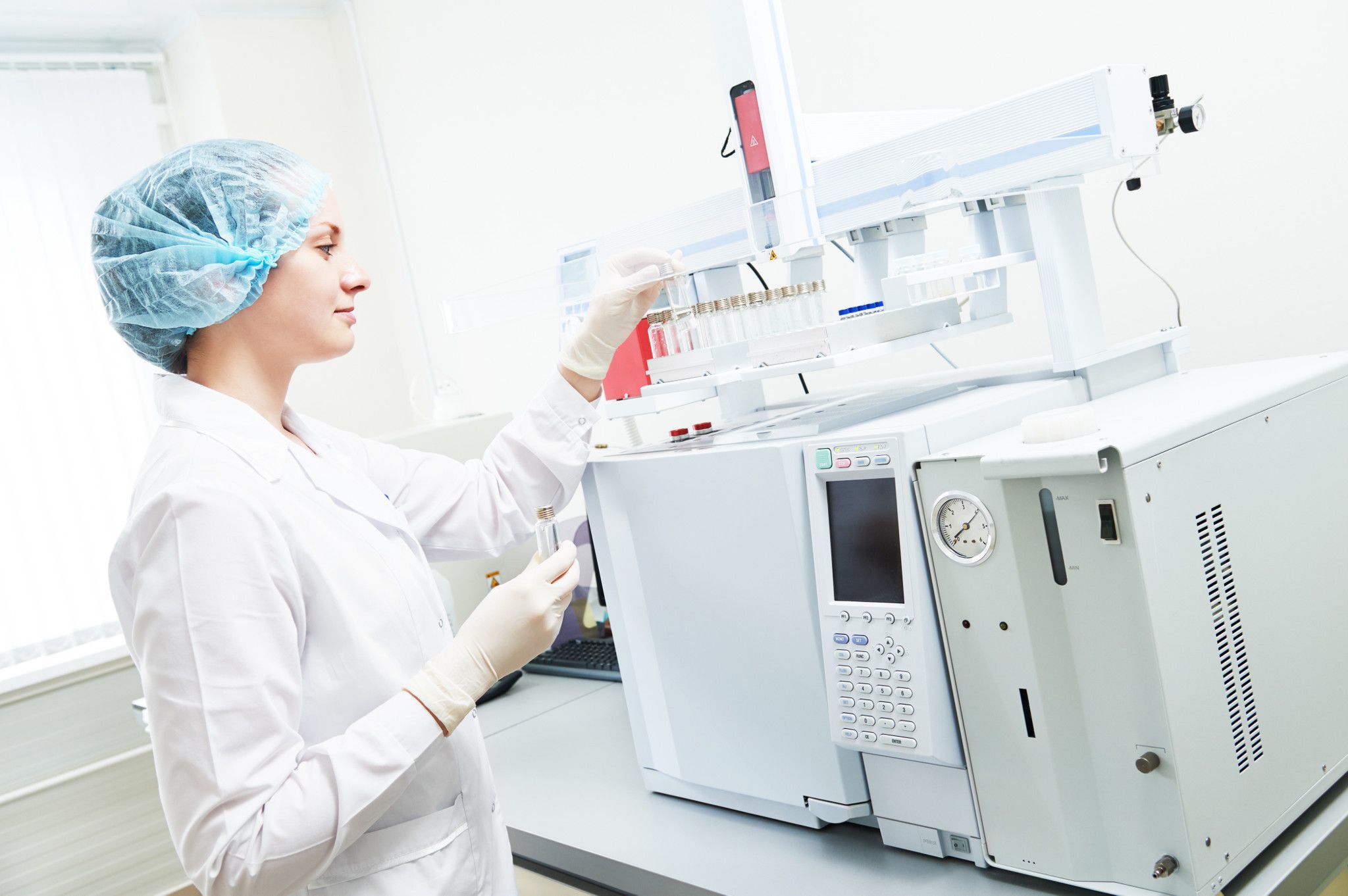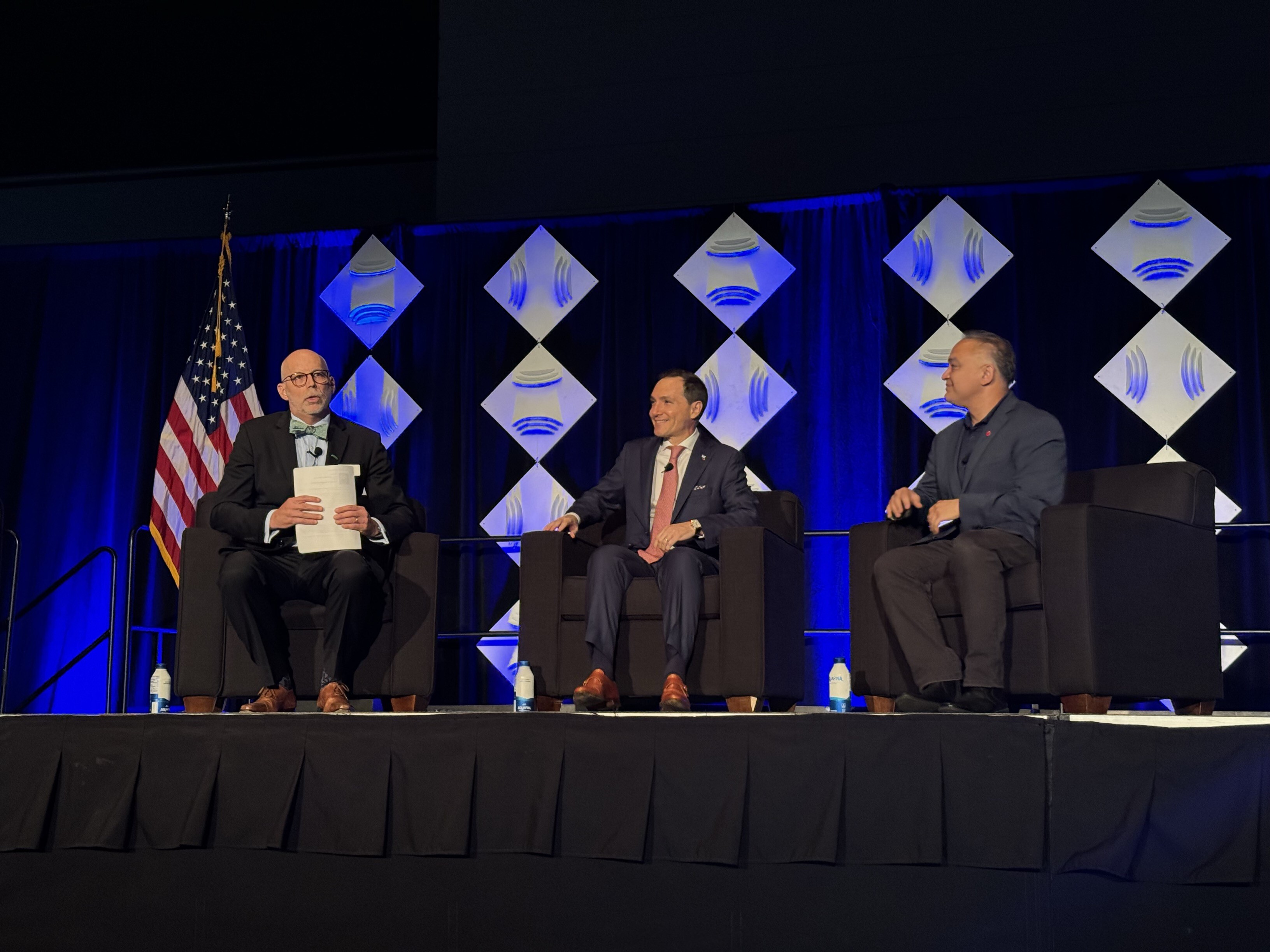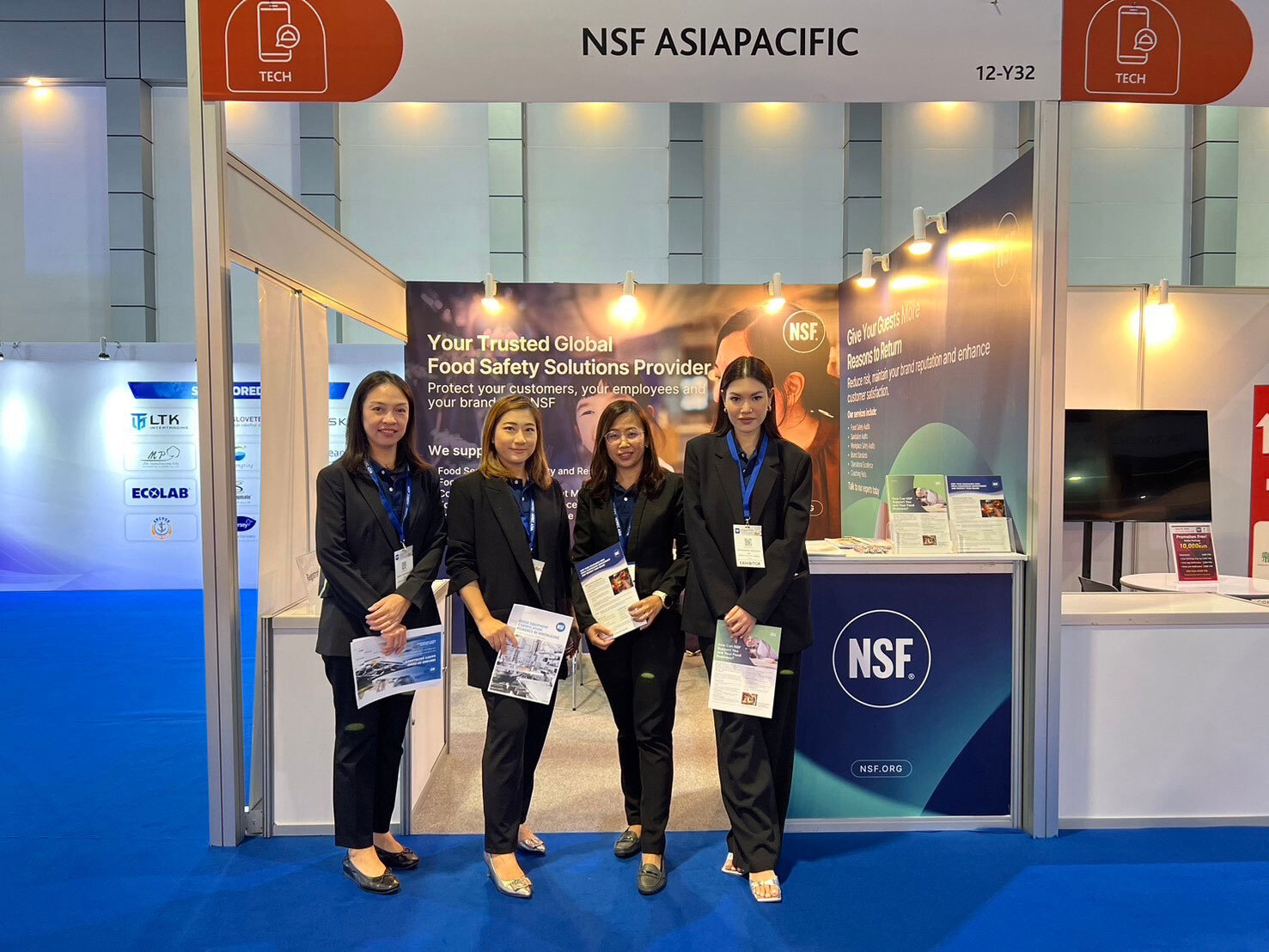NSF’s Consumer Tips for Choosing a Drinking Water Filter to Reduce Contaminants
Recent studies and news reports have many Americans concerned about the possibility of contaminants in their drinking water. Fortunately, a wide variety of residential drinking water treatment and filtration devices are available. But how do consumers choose a filter that is sure to work?
NSF, the global public health organization that led the development of national drinking water standards in the United States, independently tests and certifies drinking water treatment units and filters so consumers can be sure the products do what the manufacturers say they will do. This is especially important for filters and devices that claim to reduce potentially harmful contaminants like arsenic, lead, PFOA, PFOS, microcystin and radium.
NSF’s drinking water filtration experts offer these tips to consumers who want to reduce potentially harmful contaminants in their water supply:
- Find out what contaminants may be in your water. Start by getting a copy of your water quality report (called a CCR or consumer confidence report) from your local water utility/authority. If you are unable to get your report or if you have a private well, you may want to consider having your water independently tested.
- Decide what contaminants you want to reduce. Once you know what is in your water, you can better find a treatment solution that is certified to address your water quality concerns. It’s important to understand that not all filters can reduce all contaminants.
- Consider your options. A number of water treatment solutions are available. They range from whole-house systems that treat all the water in your home to filters for specific areas such as the kitchen faucet and more portable solutions such as water pitchers. Some reduce only one contaminant while others reduce many.
- Choose an NSF certified product. Whatever water treatment or filtration option you choose, make sure it is independently tested and certified by NSF. This certification means you can be confident and assured that the system will do what it says it will do.
Go to NSF’s Consumer Resources page to find water treatment units and filters that are NSF certified to reduce specific contaminants.
Consumers with questions about water filters and independent certification can call NSF’s Consumer Information Hotline at +1 800 673 8010 or email info@nsf.org.
NSF (nsf.org) is a global independent organization that writes standards, and tests and certifies products for the water, food, health sciences and consumer goods industries to minimize adverse health effects and protect the environment. Founded in 1944, NSF is committed to protecting human health and safety worldwide. With locations in more than 30 countries, NSF is a Pan American Health Organization/World Health Organization (WHO) Collaborating Center on Food Safety, Water Quality and Indoor Environment.
Share this Article
How NSF Can Help You
Get in touch to find out how we can help you and your business thrive.

What’s New with NSF

NSF Shanghai Named Critical Site for NSF/ANSI 455 and NSF/ANSI 173 by ANSI National Accreditation Board
July 26, 2024
NSF Takes Center Stage at NEHA Annual Education Conference
July 25, 2024
NSF Asia Pacific Showcases Hospitality Solutions at THAIFEX HOREC Asia 2024 in Bangkok, Thailand
July 4, 2024